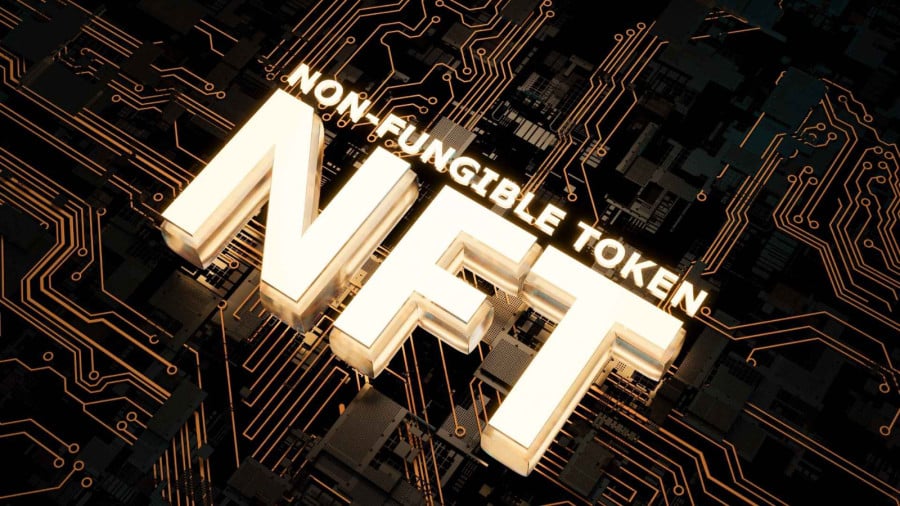NFTs As Expressive Works? Does The US First Amendment Protect Against Trademark & Copyright Concerns

As non-fungible tokens (NFTs) become more commonplace, their legal treatment raises several issues. One area taking shape is intellectual property (IP), specifically trademarks and copyrights. In the United States, IP law must abide by certain constitutional restrictions, like those in the First Amendment. Trademarks are protected under the Lanham Act, a federal statute, which has been passed by the US Congress by virtue of the power given to it under the Commerce Clause of the Constitution.1 Copyright protection draws from actual Constitutional language, as well as federal statutes like the Copyright Act.2 Regardless of source, IP is protected, and that protection faces erosion as NFTs chip away rightsholders’ ability to address potential infringement. First Amendment protection of IP provides reassurance that creators’ work remains theirs to control, copy, and commercialize. Such protection is intended to encourage rightsholders to create new IP, a policy Congress employs to encourage innovation and promote fair competition.3
Recently, sport-focused NFT projects have emerged with great success. NBA Top Shot broke ground as one of the first sport-centric NFT marketplaces, selling iconic NBA moments as NFTs.4 Athletes and charitable foundations have also capitalized on the tokens’ burgeoning popularity.
An early example is the website of Mamba & Mambacita Sports Foundation, Kobe Bryant’s charity organization, which recently turned into an NFT marketplace whose profits benefit underserved communities.5 The LeBron James Family Foundation has partnered with Crypto.com to offer limited NFTs, some for free, to “support educational and workforce development opportunities” in Akron, Ohio.6 More recent endeavors include Stack Sports’ partnership with the NEAR Foundation, which will “launch an athlete-focused NFT platform” and make it easier to create NFTs on NEAR’s blockchain,7 and Orange Comet, Kurt Warner’s NFT studio, which will link real-world experiences to NFTs and donate a portion of proceeds to charitable organizations.8 However, with more athletes, teams, and leagues exploring NFTs, legal practitioners need a clear understanding of how NFTs and IP protections overlap.
In the United States, trademark and copyright protections are conceptually similar, but evaluated differently based on jurisdiction. Different District and Circuit courts employ various balancing tests to establish whether infringement has occurred. Despite employing different standards, certain general principles transcend jurisdictional boundaries and may clarify how NFTs could warrant First Amendment protection, specifically within existing trademark and copyright law.
Beginning with a case comparison of trademark and copyright decisions from differing jurisdictions, we then explore how those cases might inform treatment of NFTs under the First Amendment. Concluding with implications for interested parties, this article suggests best practices to protect both existing IP and newly minted and sold NFTs.
To continue reading or watching login or register here
Already a member? Sign in
Get access to all of the expert analysis and commentary at LawInSport including articles, webinars, conference videos and podcast transcripts. Find out more here.
- Tags: Basketball | Commercial Law | Cryptoasset | Cryptocurrency | Football | NFT | Regulation & Governance | Sports | United States of America (USA)
Related Articles
- Artificial Intelligence In Football - Current Uses & Contracting Tips For Clubs
- How To Launch An NFT – Key Tips For Sports Organisations
- Metaverses – A Brave New World for Sports Brands?
- The Rise Of Crypto Sponsors In Sport - How Football Is Hedging Its Bets




